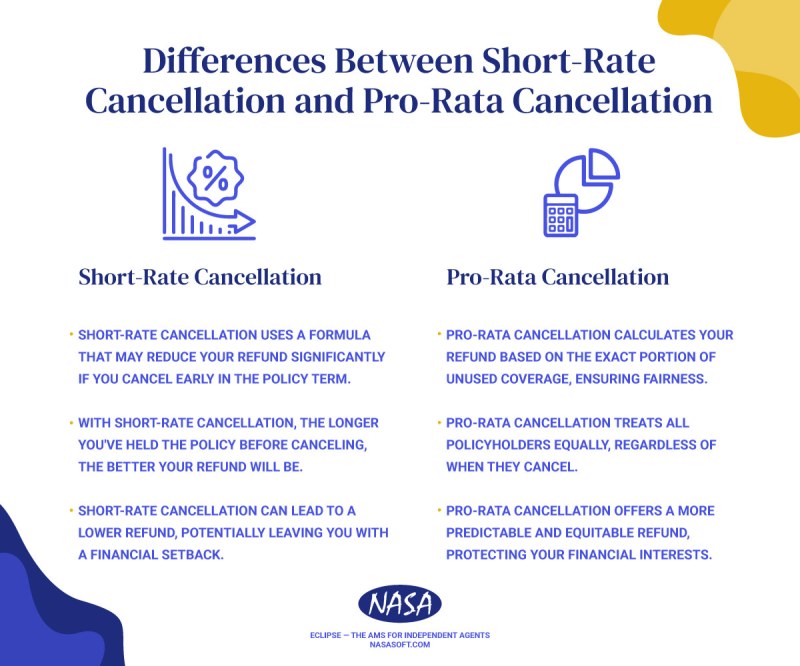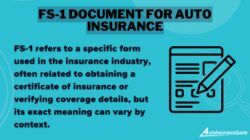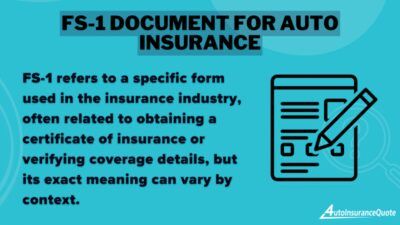Insurance Bound Meaning – The insurance bond is a bond that is designed to function as a risk management tool. What does this mean and how does the insurance bond differ from the insurance contract? In this article we investigate these questions, we look at how insurance bonds work and introduce guarantees and loyal bonds.
The insurance bond is a bond that is specifically designed to protect a person or organization against a financial loss if certain circumstances occur, for example::
Insurance Bound Meaning

“Bond” is a written promise to pay or act if specific conditions are met; e.g. the event or the expiry of time. The type of bond that most of us know is the financial instrument that governments and companies issue to obtain capital. These bonds are effectively borrowed similarities. The government or the company is a debtor and investors/bondholders are creditors. These “financial” bonds indicate the conditions of the loan and the promise to pay interest and to return the principal at some point.
What Is A Surety Bond?
The insurance bond is also a promise of payment, but has a different purpose – to protect against financial loss or guarantee compliance. The condition of the payment is not the expiry of time, but rather whether and when a specific negative situation occurs.
The insurance bond is a risk management tool, such as an insurance contract. However, they are not the same. The most obvious area of the difference is the structure of the contract. Let’s look:
The insured party – a person or entity with the risk of having a covered financial loss and buys insurance for the transfer of financial risk.
Insurance company – a company that agrees to take this risk; It evaluates the chance of loss and combines a lot of exposures to combine the risk.
Solved 8. What Is The Numerical Value Of 97.5th Percentile
If the insurance party experiences a covered loss, it is an insurance company, which is then contractually obliged to pay.
The supplier purchases insure professional liability of the insurance company. Subsequently, the supplier is the defendant client who claims that the supplier has made a mistake that cost the customer’s money. The customer wants to be compensated. The courts consider a supplier who has not made any mistakes. Nevertheless, the supplier will suffer a financial loss in the form of defense costs incurred. The supplier’s insurance company covers the loss.
Director – a person or person who is bound and pays bond premium. Their duty is to complete the contract as promised, as promised, etc.
A person or entity who agreed to be assigned to the director. They guarantee that the director will fulfill his obligation, and if not, the guarantee promises to enter and correct things.
What Is A Surety Bond?
Obligation – a person or entity to whom the client owes the obligation, the counterparty in the contract, the employer, etc.
The Bouwbedrijf (Hlavná) buys performance bonds from Bonding Company (Surets) for the customer (required). The bond promises that if the construction company will not finish the agreed project, as promised in its contract, and the construction company cannot pay, the bond company will introduce the agreed amount and pay the customer.
There are two main types of insurance bonds: warranty ties and loyal bonds. The example above is the type of contractual warranty.
Guarantee bonds that are guaranteed to guarantee performance that have been contractual or secure safety. The bond does not protect the buyer from the bond (main), but rather a third party (mandatory), which runs the risk of loss.
Pdf) A Two-sided Bound For The Renewal Function When The Interarrival Distribution Is Imrl
Loyal bonds guarantee a loyal, loyal relationship to protect an employer or other entity against financial loss as a result of unfairness and fraud by crimes.
Currently, most (but not all) types of loyal bonds act as insurance products, a contract between two parties, an insurer and an insured person. An example of this is the link of commercial crime. The term ‘bond’ has been a historical position in this case since the days that individuals have purchased ‘loyal bonds’ from a third party to guarantee their credibility for potential employers. This has evolved to become a clause for unfair insurance (or loyalty) in the current commercial criminalization agreement.
Only licensed warranty companies can issue insurance bonds. License -Guarantees include specialized warranty companies and many insurance companies. It is wise to compare your options, so contacting an insurance broker is a good place to start.

Various professional liability insurance – a critical course for every organization of professional or professional services, as well as for those who support and guide them. You learn about risks, important covers, claims, risk reductions and how you can buy.
What Is Insurance?
Participate in the course! Learn the basic principles of commercial criminal insurance: what is covered and what is not, how they are structured policy, what to expect if there is a claim, and more …
We use cookies on our website to give you the most relevant experience by remembering your preferences and repeated visits. Click on “Accept” to match to use all cookies. However, you can visit cookies settings and offer controlled permission.
This website uses cookies to improve your experience when navigating by a website. Of these, cookies that are categorized if necessary are stored in your browser, because they are essential for the basic characteristics of the website. We also use cookies from third parties that help us analyze and understand how you use this website. These cookies are only stored in your browser with permission. You also have the option to report with these cookies. However, logging out some of these cookies can affect your browse experience.
The required cookies are absolutely necessary for the website to work well. This category only contains cookies that offer basic functions and security functions from the website. These cookies do not store any personal information.
Dental Insurance Contract Issues
Cookies that may not be necessary in particular to function for the website and are specifically used to collect the user’s personal data via analysis, advertisements, other built -in -content are called unnecessary cookies. Before you start these cookies on your website, it is mandatory to obtain the user’s permission. The warranty is a legally binding agreement. Contains three pages: 1) the director, 2) the debtor and 3) warranty. The most important is the party that buys a bond and promises to fulfill a specific obligation. This obligation can be a contract, law or regulations. An obligation is a party that requires a bond. They are protected if the head office does not fulfill the obligation. Security is an insurance company that supports the bond. Guarantee that the debtor will be compensated if the director has not fulfilled the obligation.
In essence, the warranty bond serves as a form of financial protection. Ensures compliance with laws and regulations. Here are a few important points to remember:
The reinsurance bond is a promise or agreement that one party has concluded to take responsibility for the financial obligations of another if they fail. In essence, it acts as a network for financial security, whereby debts and obligations are paid, even if the original party does not. The party that guarantees debts is known as a warranty or guarantee. These are legal contracts that require one party to pay if the other does not comply with the agreement. This mechanism is decisive in various sectors that offer low financial security and trust.

The most important, compulsory and guarantee play a unique role in the agreement on the conclusion bonds. Understanding these tasks is decisive for understanding the concept.
Non-consumer Insurance Contract
The most important is the party that needs a bond. They are responsible for fulfilling the obligation stated in the bond. If they fail, they must compensate for the warranty for all paid claims.
An obligation is a party that requires a bond. They are the recipient if the head office does not meet the obligation. The bond protects them against financial losses.
Security is an insurance company that issues a bond. Guarantee the payment of the obligation to the obligation. If the client fails, the warranty pays the debtor and then strives for the reimbursement of the director. This three pages agreement forms the basis of all warranty ties.
The subject bonds operate through a written agreement with three parties, where one party (commercial guarantee) guarantees another page (mandatory) that the third party (the principal) will meet its obligations. This type of bond is comparable to an insurance contract that protects the mandatory performance or payment if the most important malfunction is. The commercial guarantee, usually the insurance company, offers a bond, while a mandatory government agency can be a private developer or other entity that requires protection. The most important is a supplier or company bound by a contract or obligation. This structure ensures that the debtor is protected against financial losses, promotes trust and reliability in contractual relationships.
What Is Principle Of Utmost Good Faith In Insurance?
Bonds in the United States are supplied different types, each with a unique goal. The required type of bond depends on the specific obligation and the relevant industry.
The most common types are contractual bonds, commercial bonds, judicial bonds and bail bonds. Each of them













